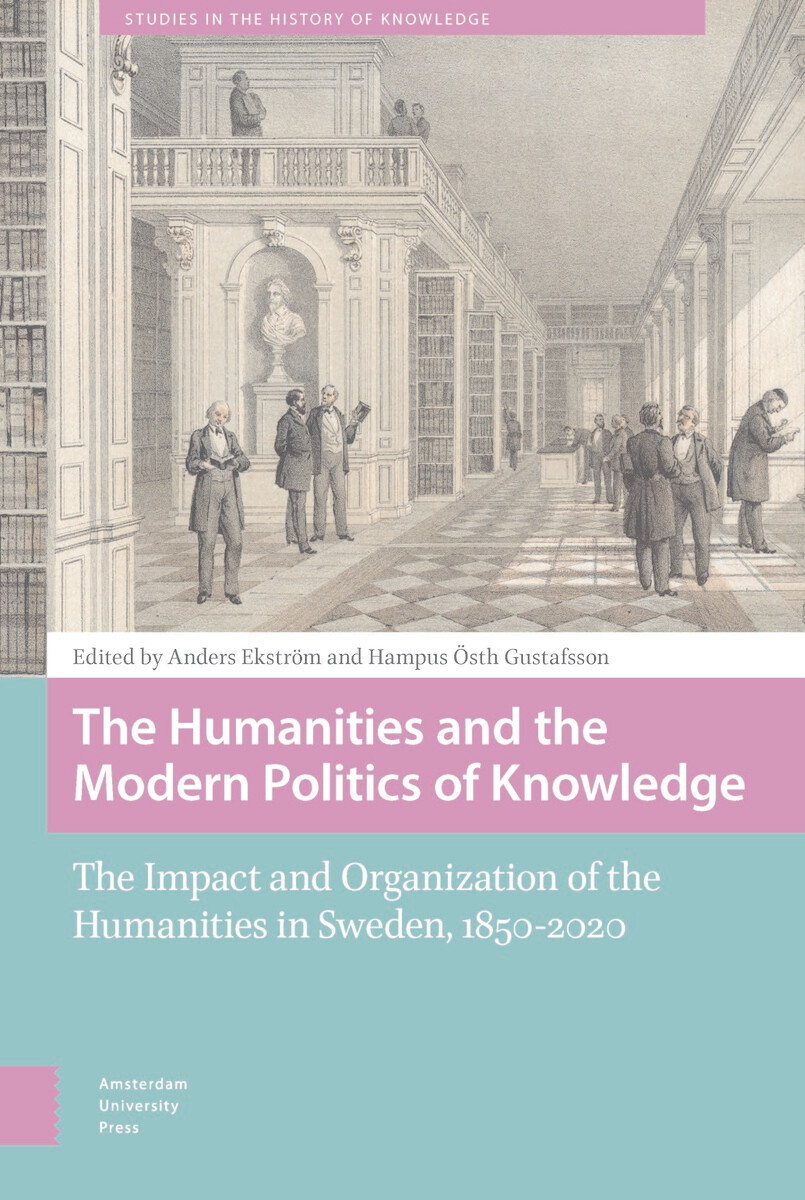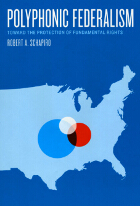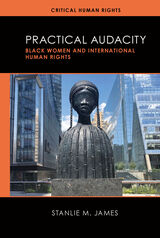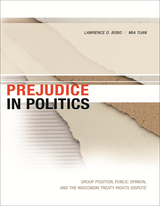The Humanities and the Modern Politics of Knowledge: The Impact and Organization of the Humanities in Sweden, 1850-2020
Amsterdam University Press, 2022
eISBN: 978-90-485-5502-4
See other books on: Humanities | Modern Politics | Nordic Countries | Philosophy, Theory & Social Aspects | Sweden
See other titles from Amsterdam University Press
eISBN: 978-90-485-5502-4
ABOUT THIS BOOK | AUTHOR BIOGRAPHY | TOC
ABOUT THIS BOOK
This book addresses the shifting status of the humanities through a national case study spanning two centuries. The societal function of the humanities is considered from the flexible perspective of knowledge politics in order to historicize notions of impact and intellectual organization that tend to be taken for granted. The focus on modern Sweden enables an extended but still empirically coherent historical analysis, inviting critical comparisons with the growing literature on the history of the humanities from around the world. In the Swedish case, the humanities were instrumental to the construction of modern societal institutions, political movements, and professional education in the second half of the 19th century, while in the 20th century, the sense of future-making shifted towards science and medicine, and later technology and economy. The very rationale of the humanities was thus put under pressure as their social contract required novel negotiations. Their state and connections to society were nevertheless of a complex and ambiguous character, as is demonstrated by this volume whose contributions explore the many faces and places of the modern humanities.
See other books on: Humanities | Modern Politics | Nordic Countries | Philosophy, Theory & Social Aspects | Sweden
See other titles from Amsterdam University Press












